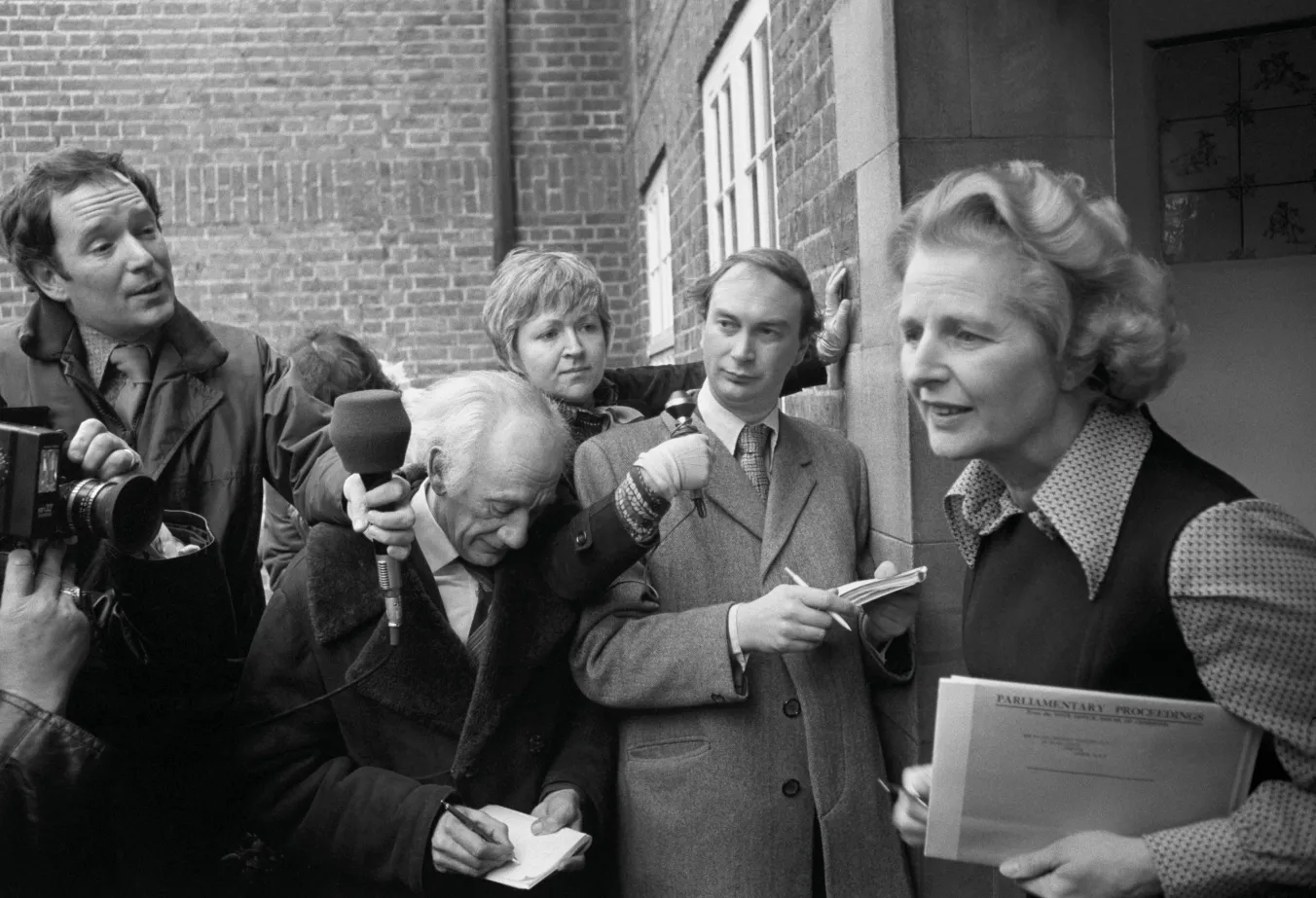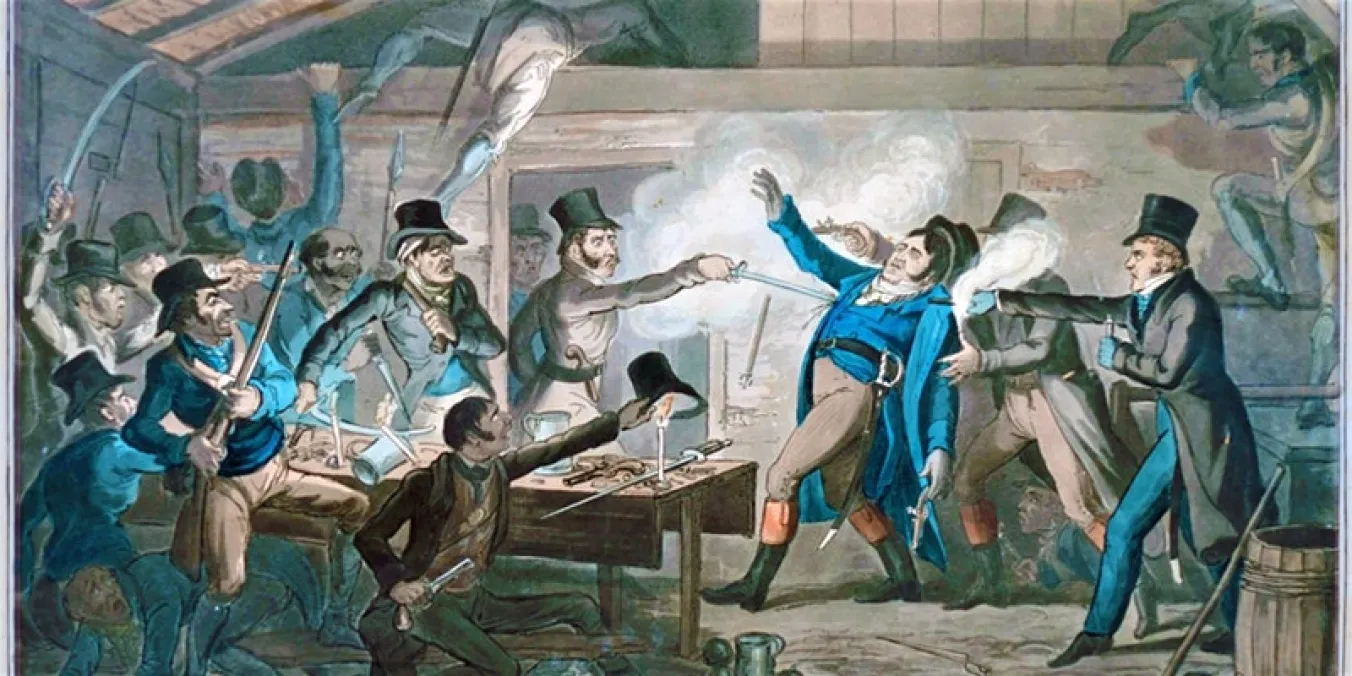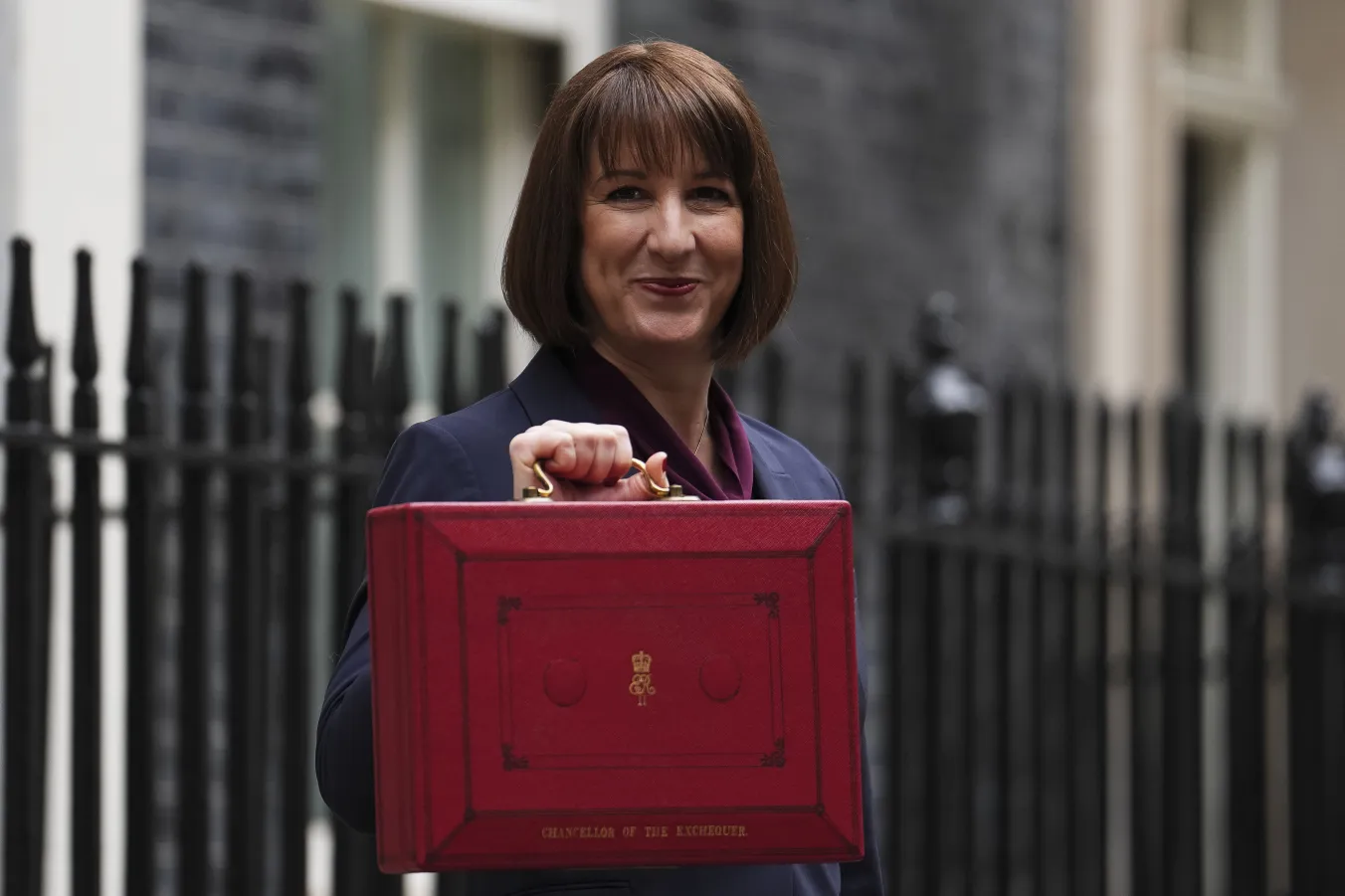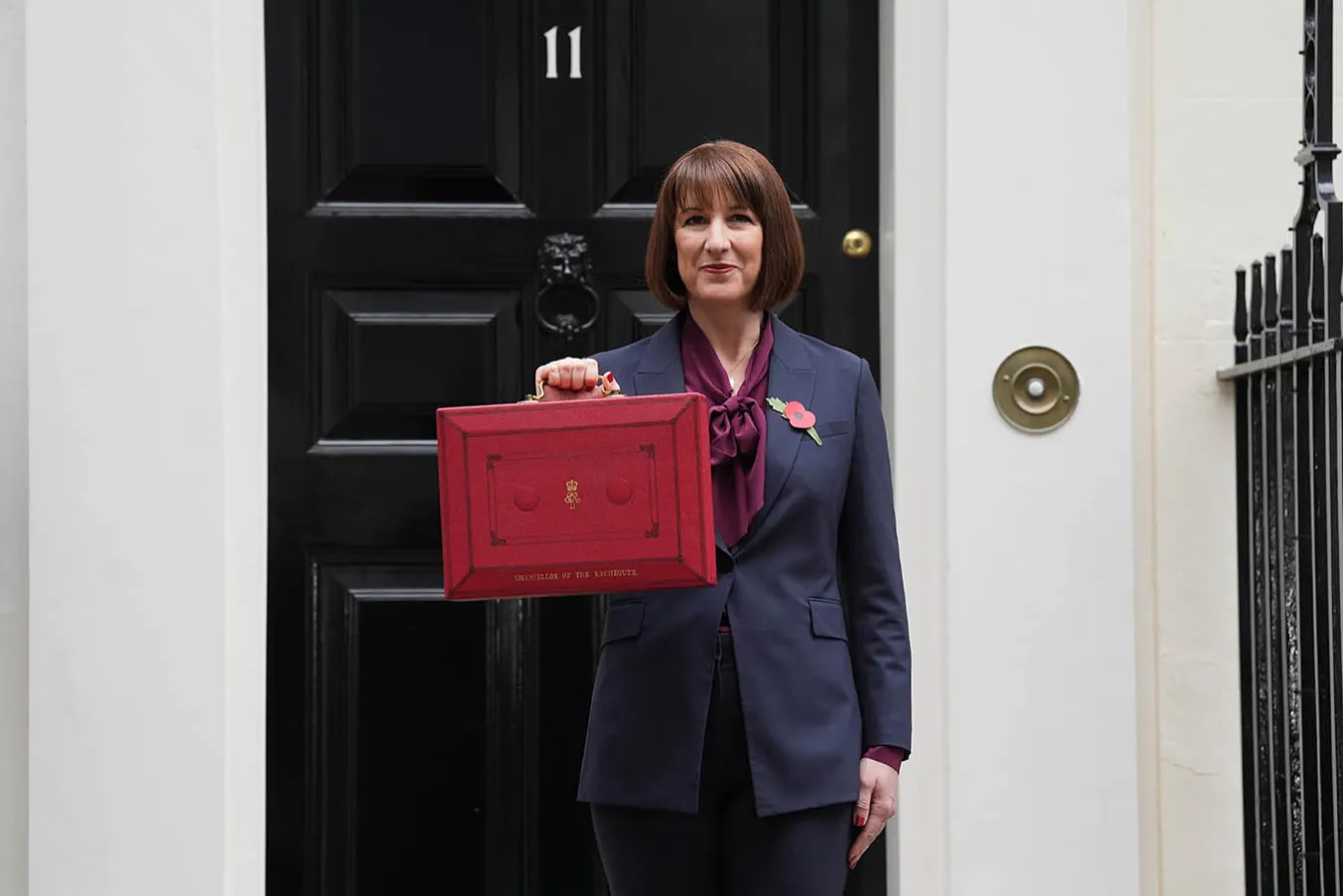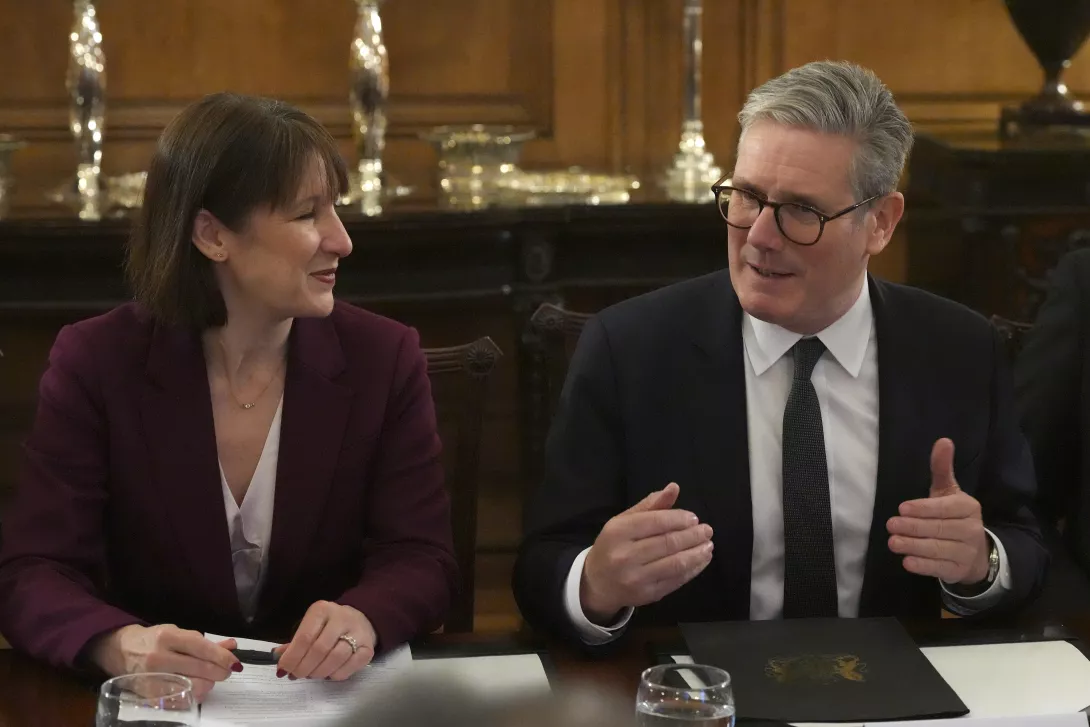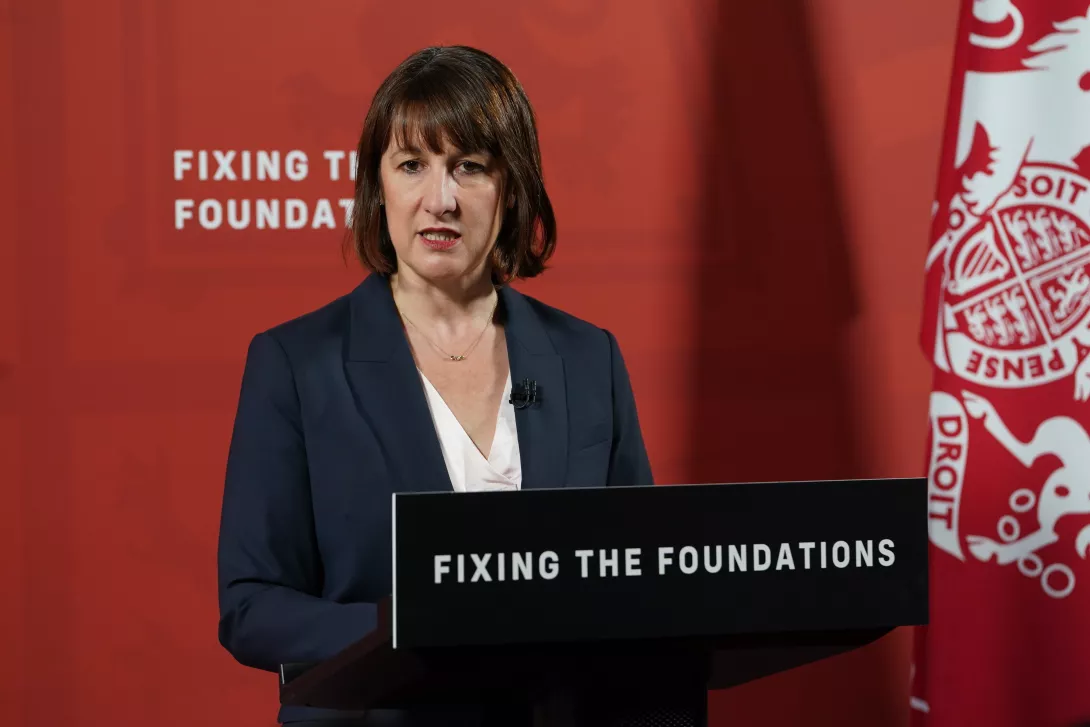
THE pedigree of Rachel Reeves and Keir Starmer’s political outlook — cutting pensioners’ fuel allowances, flagging cuts in public expenditure — reaches much further back in parliamentary history to Labour’s first chancellor Philip Snowden. He introduced his first and only Budget in May 1924 and later issued it as a pamphlet, the Housewives Budget.
Snowden had been a member of the Independent Labour Party, a populariser of socialist ideals and a temperance campaigner. However, he had a distinctly Gladstonian Liberal frame of mind when it came to economics. Churchill noted that Snowden shared the “Treasury mind” with the governor of the Bank of England. Reeves of course is a former bank economist.
Snowden saw the chancellor’s job as managing the economy in a prudent way and certainly not increasing public expenditure.
